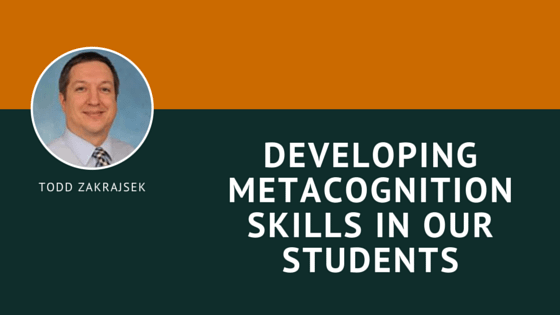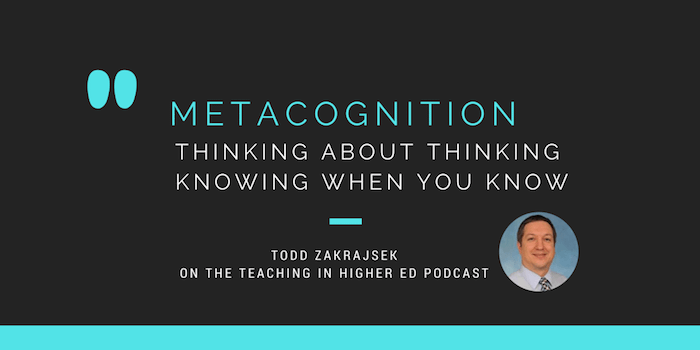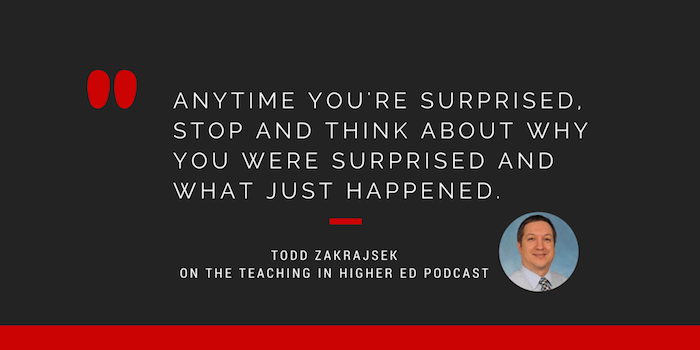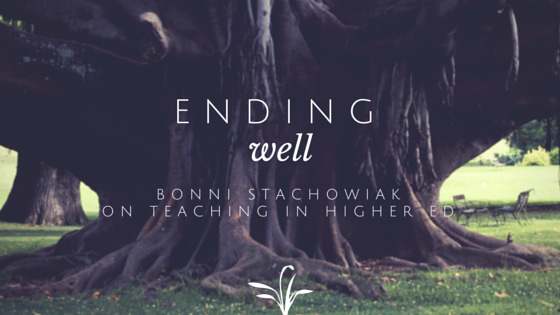Past guests and listeners celebrate significant learning from 50 episodes of Teaching in Higher Ed. Many also share their recommendations to the listening community, too.
Episode 50
Podcast Notes
***
Dr. David Yates, Director
Southeastern University Center for Excellence and Creativity in Teaching
A Department of the School of Extended Education
Cameron Hunt-McNabb on episode #24, shared how to cultivate creative assignments.
David mentioned:
Ken Bain on episode #36
Stephen Brookfield on episode #15
***
Christine
The biggest and best take away for me is the knowledge that I’m not alone in my efforts to actively engage students with activities/tasks/projects/problems during class. Thank you! Also, though I’ve used Remind for several years, I didn’t know the features of the app until you told me last night on my way to teach folks how to train their dogs!
***
Scott Self, who was on episode #48
***
Melissa from Columbia College
I am thoroughly enjoying your podcast episodes and have shared them with many of my colleagues already. I believe what I have taken away from the shows is your ease of describing the technology and pedagogical challenges, the show format with the notes and the wide variety of topics that are so pertinent to me and many of my colleagues.
I am just so thirsty for knowledge and application to help revitalize our faculty at the college and get them more excited about technology in education.
We are also very involved with the CA Online Education Initiative, piloting online tutoring at this time so this is also very timely to have come across your podcast series. You have a very unique, gentle and fun-loving attitude toward technology topics and with your guests.
I am in the process of developing a new course, Universal Design in Online Course Development, and was wondering if you would be, or have already covered universal design in one of your podcasts. I would also be interested in hearing more about instructional design. Although you may have already covered some of these topics, I will eventually hear them all.
***
Missy McCormick
- Lab ideas?
- Gradebook strategies, including in-progress grading… Final grades.
- Critiquing student work.
Missy mentioned:
Recalibrating our teaching with Aaron Daniel Annas (#45)
***
Recommendation
Amanda Bayer’s website: Diversifying Economic Quality: A wiki for instructors and departments
Recommended by Doug McKee on his blog post



